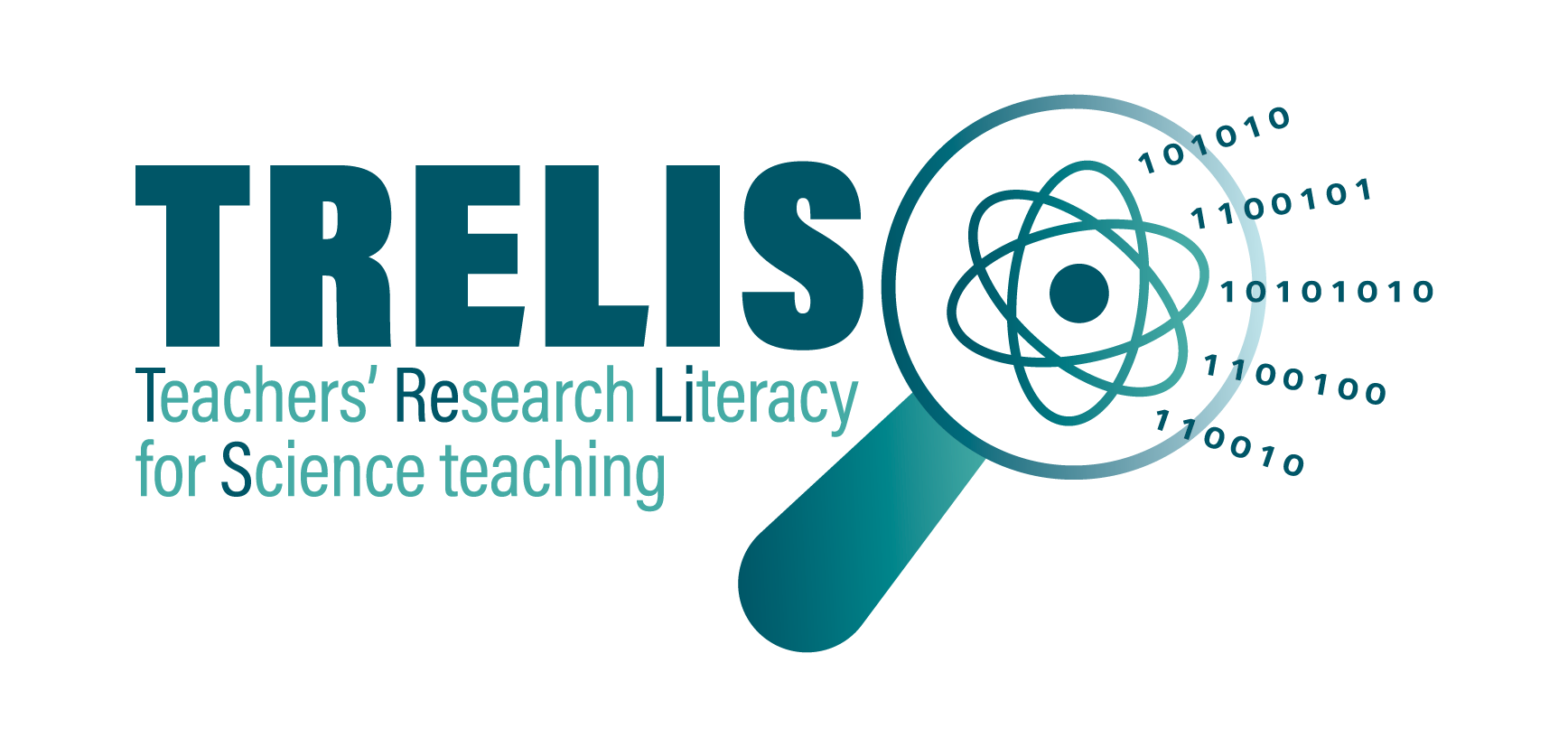Participants:
| Idar Mestad (WP leader) | Høgskulen på Vestlandet (HVL) |
| Lydia Schulze Heuling | HVL |
| Ingjald Pilskog | HVL |
| Mukadder Baran | HVL |
| Jørgen Stange Larsen | HVL |
| Bernt Rydland Olsen | HVL |
| Tonje T. S. Strat | OsloMet |
| Charlotte Aksland | OsloMet |
| Kirsti M. Jegstad | OsloMet |
| Ellen K. Henriksen | OsloMet |
| Linda M. Smedbakken | Lillestrøm realfagssenter |
| Torill Høiby | Lillestrøm realfagssenter |
| Vanessa Kind | Durham University |
Scope:
Work Package 4 (WP4) will examine how research in Inquiry Based Learning (IBL) can inform development of new and better learning activities in science teacher education. These activities aim to develop the teacher students understanding of scientific knowledge and how such knowledge is developed and used. At the same time, the project aims to provide students with experience and insight into activities and research knowledge, which they can use further in their future profession with own students.
IBL activities are extensively emphasized in the latest Norwegian curriculum. Such activities can let students experience and develop practices which aligns with practices science researchers use to build knowledge. Such practices include knowledge about method, practical skills, ability to reason, and ability to think critically. They are also linguistic and involve interpreting text, symbols and graphs, oral discussions and explanatory and argumentative talking and writing.
However, it can be demanding to facilitate activities which succeeds to train students in such practices. Therefore, research into how teachers facilitates IBL activities is crucial to give the students sufficient freedom to inquire into problems but also suitable frames that enables them to develop new knowledge and improved practices.
WP4 aims to develop specific IBL-activities that are being tried out in teacher education and in schools. AP4 will also explore how teacher students’ insight into research literature on IBL can help them gain a more inquirying and reflective attitude to their own future practice when implement IBL – activities as teachers.
| Research questions: | Methods and data: |
| 4.1 How can research literature on IBL be included and used to develop novel learning activities in science teacher education? | Literature review. Development work |
| 4.2 Which characteristics of IBL teaching material and learning activities promote deep learning of science concepts and work forms? | Video recordings from teaching activities and discussions. Student teachers’ tasks. Interviews. |
| 4.3 How do student teachers experience teaching and learning activities related to IBL, and what challenges and opportunities do they identify? | Interviews. Written reflection notes and student teachers’ tasks. |
| 4.4 What characterizes the student teachers’ ability to reflect critically on own practice as expressed in discussions or in assignments? | Video recordings from student teachers’ discussions. Student teachers’ tasks. |
| 4.5 How do the student teachers perceive the relevance of these activities for their pre-service practice and future classroom practice? | Interviews. Written reflection notes and student teachers’ tasks. |
